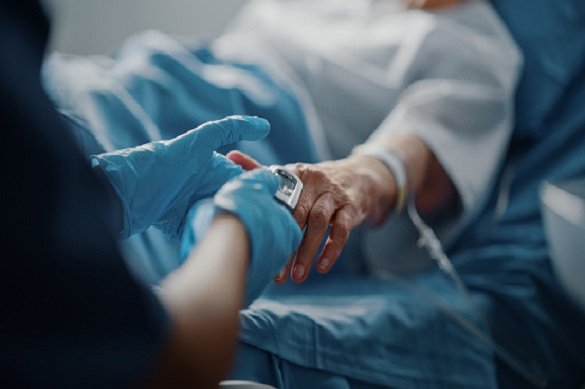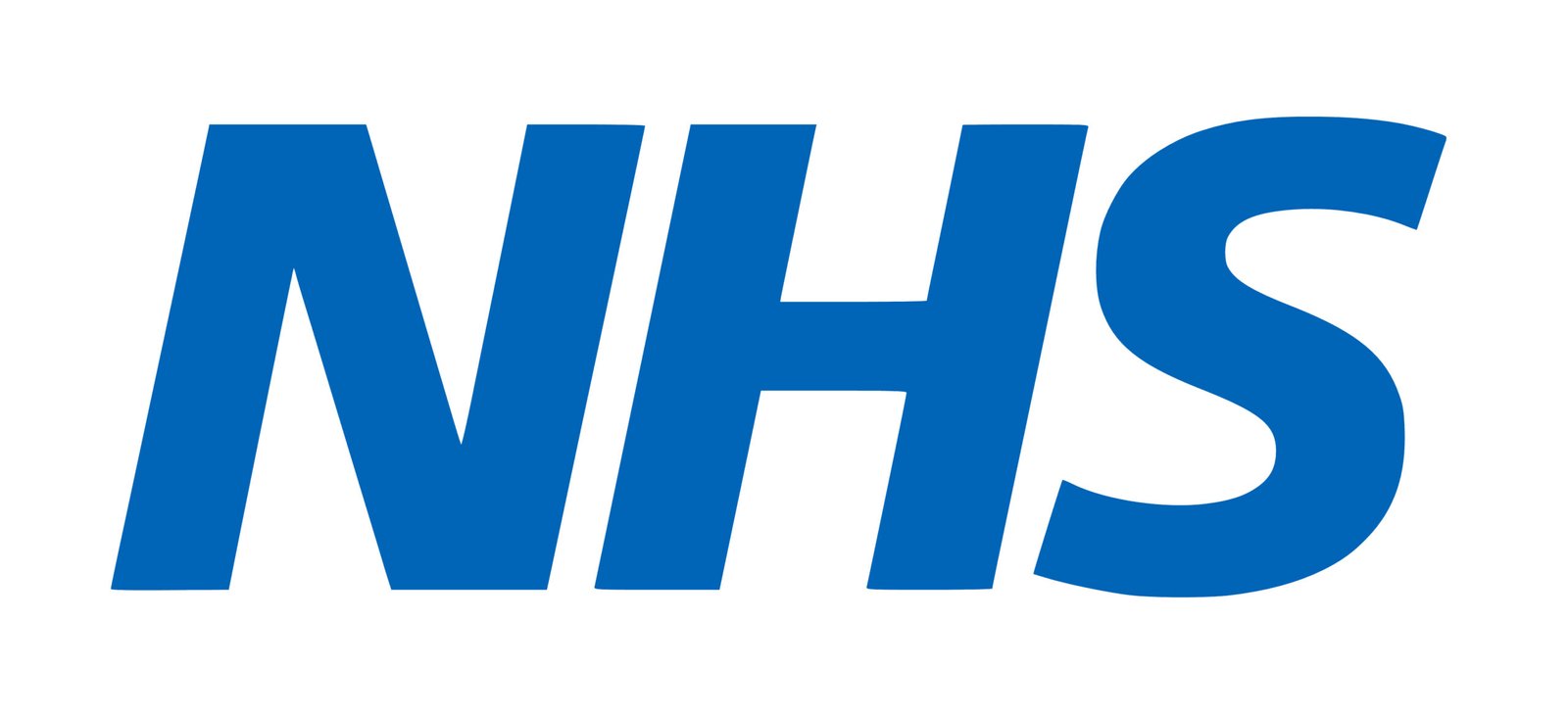COVID-19_ Examine reveals impression of healthcare disruption on `avoidable hospitalisations’

A brand new College of Liverpool-led examine has discovered that individuals who discovered it troublesome to entry non-emergency healthcare through the COVID-19 pandemic had been 80% extra more likely to be admitted to hospital for situations that would have been probably prevented by way of entry to ample care of their native space.
The examine printed within the British Medical Journal reveals that postponed or cancelled surgical procedure, modifications to remedies supplied or delays in accessing most cancers therapy had been discovered to be significantly liable for `avoidable hospitalisations’ as had been disruption to accessing GP appointments and outpatients departments.
It discovered that 35% of individuals skilled some stage of disruption in accessing healthcare through the pandemic. One in 4 (26%) had hassle accessing appointments with well being officers, with nearly one in 5 (18%) disrupted in receiving procedures.
The group from the College of Liverpool and the Universities of Glasgow, Bristol and the London Faculty of Hygiene and Tropical Drugs analysed knowledge from practically 30,000 from seven surveys which requested them about their experiences through the pandemic, linked to their medical information, over a two and half yr interval from the beginning of the COVID-19 pandemic.
College of Liverpool Reader in Well being Geography, Dr Mark Inexperienced, who undertook the examine, mentioned: “The NHS was extremely resilient through the pandemic and its employees had been heroes in adapting to a annoying disaster. Nevertheless, our examine confirmed that the broader disruption created by way of the pandemic led to extra individuals being hospitalised for causes that would have been probably prevented.
“Disruption was partly because of the NHS reorganising care to plan for surging numbers of individuals with COVID-19, together with suspending care or shifting appointments on-line. The general public additionally prevented attending well being look after worries about catching COVID-19 or eager to keep away from over-burdening the NHS throughout a disaster.”
“Whereas the extent of this disruption was described on the time, our examine is the primary to empirically say what the impression of this disruption was.”
Professor Vittal Katikireddi, public well being physician on the College of Glasgow and co-author, mentioned: “Our examine steered that the significance of sustaining continued care through the pandemic, significantly in delivering remedies and procedures.
“It’s simpler to maneuver GP appointments on-line than in comparison with operations, surgical procedures or remedies that should be delivered in particular person. Specializing in stopping disruption in delivering such care is a key takeaway in making ready for future pandemics.”
The examine is a part of the UKRI funded COVID-19 Longitudinal Well being and Wellbeing Nationwide Core Examine which was established by Sir Patrick Vallance, UK Chief Scientific Adviser, as a part of the UK’s response to the COVID-19 pandemic.
The Nationwide Core examine goals to know the well being, social and financial impacts of the COVID-19 pandemic by uniting established inhabitants cohorts and nationwide anonymised digital well being information to tell coverage.
The paper `Associations between self-reported healthcare disruption because of covid-19 and avoidable hospital admission: proof from seven linked longitudinal research for England’ (doi: 10.1136/bmj-2023-075133) is printed within the British Medical Journal




